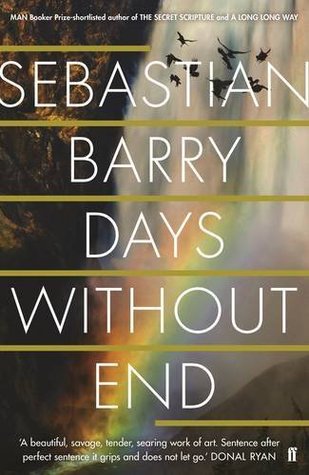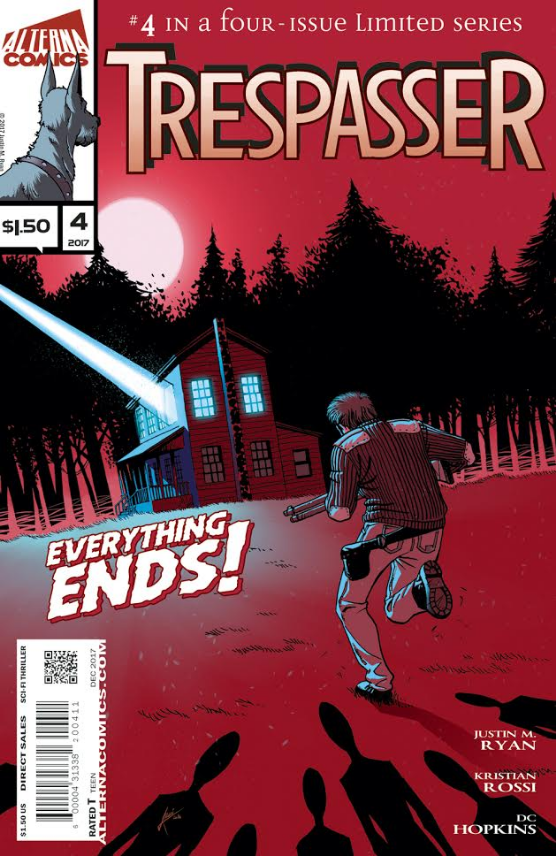(I promise the above picture of Sufjan Stevens is at least sort of relevant. Kind of. *squint*)
Because I have decided to have absolutely no chill in the Year of our Lord 2017, I’ve already read four books since January 1. All of them are queer/LGBT+ fiction, mainly because the topics of sexuality and identity personally and emotionally interest me, but also because I am a very passionate LGBT+ rights advocate. None of the books I read are particularly recent, so that’s a bit of a bummer–talk about irrelevant, yeehaw!–but I desperately want to talk about them, so here we go.
I’ll split this up into two parts, and maybe I’ll add to this the more books I read.

The Miseducation of Cameron Post (2012)
by Emily M. Danforth
A period piece set in Montana in the 1990s, Cameron Post is a coming of age story that follows the titular main character through her adolescent years. Cameron is just beginning to discover her sexuality when her parents die in a car accident. The strange relief that comes with realizing that she doesn’t have to tell her parents that she just kissed a girl (and liked it) is fleeting when she goes to live with her born-again aunt. With nowhere to turn for support, Cameron carves her own paths and educates herself with the help of some friends–until she is outed by someone she loves.
I really, really loved this book. For one, it’s beautifully written. The style is smart and elegant and deceptively simple. Danforth doesn’t speak down to her YA audience, either; rather, she challenges her readers with sophisticated and clever prose. She takes her time developing the characters, and they are all three-dimensional and delightfully flawed and unique. Cameron is a wonderful narrator with a distinct voice that made the book difficult to put down if not for its serious subject matter in the second half of the book. For anyone who is unaware of conversion therapy camps (which STILL exist, by the way), this book puts them into perspective as the emotionally abusive and traumatic facilities that they are. The betrayal and rejection Cameron feels from what’s left of her family and closest friends when she is sent to one of these facilities is something I can’t even fathom. It’s horrifying. Truly. These kinds of stories are important to tell.
Cameron Post succeeds in every area as far as I am concerned. But my favorite thing about the book is that it doesn’t subscribe to the idea that every character that comes to life on the page or every scene that unfolds needs to have greater meaning in the story. Sometimes a character plays a part and then leaves. There’s no closure. That uncomfortable lack of closure–the story’s unwillingness to tie up loose ends in a perfect little bow even through to the end–is what makes the story feel so real. At times it reads more like a memoir than a novel. And I love it for that. It’s raw. And it has one of the most powerful endings I’ve read in years. 4.5/5
 Call Me By Your Name (2007)
Call Me By Your Name (2007)
by André Aciman
Next up: Call Me By Your Name is a love story told by an intellectual and introverted American-Italian seventeen-year-old named Elio. His family has a peculiar tradition: each summer, they take in a house guest to live with them in Italy, who uses his/her time there to revise an academic book manuscript. In return, the house guest agrees to help Elio’s father, a professor, with academic paperwork. Elio has been indifferent at best to this annual arrangement for years–that is, until 24-year-old Oliver comes to stay with them for the summer of 1988.
To be 100% honest, the only reason I picked this book up in the first place is because my beloved Sufjan Stevens wrote music for the film adaptation that’s coming out this year. See? Told you the featured image wasn’t completely random… Anyway, so I picked up this book for all the wrong reasons, but once I started reading, I was immediately drawn to the writing style. It’s almost unbearably poetic at times, but it’s fun to get swept away in. I wish I had half the intellect that the characters in this novel possess, and I applaud Aciman for having the wit and know-how to write characters that are precocious and clever and philosophical and–yeah, pretentious. But, I gotta say: sometimes the conversations get a little too precious and pretentious. There’s only so much introspection and philosophizing that I can take before the tension within the scene wanes and I inevitably grow bored. Maybe that just proves how much of a plebian I am, alas.
Speaking of bored, Call Me By Your Name is one hell of a slow burn for very little payoff. Mutual pining is definitely a trope I’m weak to, but I never felt emotionally fulfilled by their relationship on the page, even after they do finally admit their feelings for each other. Perhaps that was the intent. Though I will say that some of the romance was downright adorable and frustrating and everything a good romance should be. You really can feel the desire that Elio has for Oliver, and vice versa, so it does succeed on that front. I just wanted more. Of what, I’m not entirely sure… but something was lacking.
I’m going to just come out and say that this story’s premise does not lend itself to a happy ending. Oliver only has six weeks to spend in Italy before he has to return home to the States. In a genre romance, the characters would defy the odds and somehow stay together. But this is a piece of literary fiction, not genre romance. So you can imagine how this goes down. And the truth is that I’ve grown tired of these clinical, cynical kinds of endings when it comes to queer romance. There are so many instances in Western media that introduce queer characters with so much promise, only to later refuse to let them triumph. Over and over again, they lose: their families, their friends, their lovers, their identity, their privacy, their lives. Tragedy is the norm for LGBT+ characters. Can a girl get a beautifully written queer romance that doesn’t end in despair and loss? (The answer is “yes and boy howdy”–just wait for part two.) Hell, I’ll even take bittersweet; The Miseducation of Cameron Post was bittersweet and perfect. Call Me By Your Name doesn’t have any sweet in its ending. It’s bitter and dry as a fierce prairie wind. It punches you in the gut. It makes you despair. It kind of makes you regret reading the book.
Also, you’ll never look at a peach the same way again. 3/5 (or, just watch the movie when it comes out, maybe?)
Rate this:Share this:- Share





